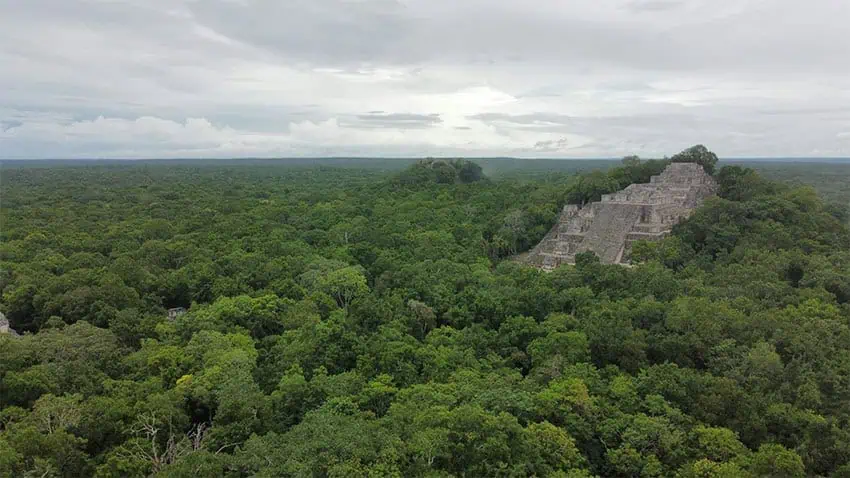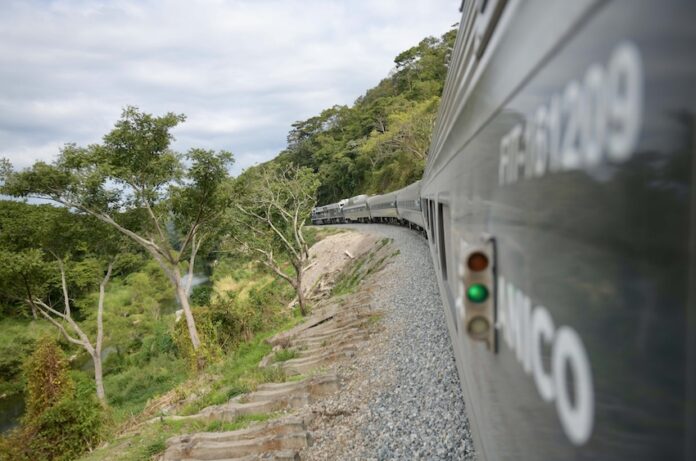Mexico and Guatemala have confirmed their intention to extend the Maya Train to Guatemala following a series of talks between Mexican President Claudia Sheinbaum and her Guatemalan counterpart Bernardo Arévalo.
According to both leaders, the train would also expand into Belize.
“If we, the three countries, manage to build a development hub for the well-being of our people, it will be a completely different vision for Guatemala and Mexico,” Sheinbaum said, adding that she hopes the rail connection into the Central American countries will be used for both passenger and cargo transportation.
Although Guatemala lacks an active rail network, Arévalo said in a press conference that a connection with Mexico would have “enormous potential” for the development of both nations and the region.
“Connecting the Maya Train with Guatemala and eventually Belize is a vision we share, and for this we agreed to promote the start of trinational negotiations, as well as the respective feasibility studies,” he said.
Arévalo said that some of the agreements that he signed with his Mexican counterpart include the protection of Guatemala’s natural resources.

“We view the Maya Train as a development solution that not only does not contradict, but rather strengthens the search for a sustainable model that clearly protects the country’s biological, natural and cultural heritage,” Arévalo said, adding that “At all times, it has been very clear that the Maya Train will not cross any existing reserve areas.”
Meanwhile, Belize’s Prime Minister John Briceño said that the Maya Train would facilitate commerce between the three countries, with his country playing a key role.
“We need to continue to make the point that Belize is the link for Mexico and Guatemala,” he stressed.
Overall, the bilateral meeting between the leaders of Mexico and Guatemala addressed public investment in projects aimed at ensuring economic development in regions where northbound migration is prevalent.
“People, in general, don’t migrate for pleasure; they migrate out of necessity,” Sheinbaum noted. “They don’t leave their towns for adventure but rather due to economic necessity.”
With reports from El Universal, El Financiero, EFE and El País
